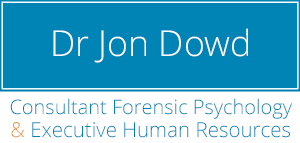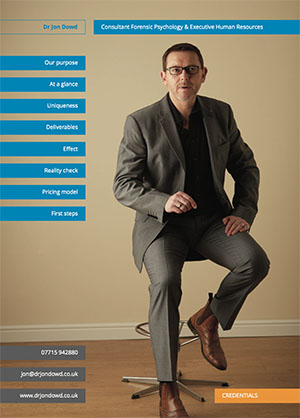Mindfulness
Monday, September 26, 2016

Mindfulness is all about living ‘in the now’ and recognising how we feel ‘at this moment in time’. By recognising our state of mind at any given moment we can, in theory, make any adjustments we choose.
Mindfulness, therefore, gives us choices.
Mindfulness is about mental and physical wellbeing…
… which assumes that, without it, we can more easily slip into mental ‘illbeing’. Stress, anxiety, discontent, worry, weakness.
The art of mindfulness says ‘pay attention’.
To what’s going on around you – to what’s going on inside of you.
"It's easy to stop noticing the world around us. It's also easy to lose touch with the way our bodies are feeling and to end up living 'in our heads' - caught up in our thoughts without stopping to notice how those thoughts are driving our emotions and behaviour," Professor Mark Williams. (former Director) Oxford Mindfulness Centre
When looking at business, mindfulness can be invaluable because it’s about seeing clearly, now… not being distracted by what’s to come.
Clear thinking allows us to focus and deliver. We can learn how to do this, because situations that increase our stress levels, such as an interview, come round time and time again.
By becoming more aware of how we feel, act, respond to what’s going on around us, we can, in theory, start to predict, pre-empt and avoid repeating negative experiences and emotions. Patterns emerge… and we can deal with patterns.
It’s mind-training. Positive reinforcement. Re-education.
People who do well in job interviews, for example, tend to be well-paced, relaxed and thoughtful. They take their time to consider and they make sure they’re ready to speak before they actually do. All of this takes seconds to process when ‘in the moment’, but the actual state-of-mind will be learnt. By nature, nurture or mindfulness.
Mindfulness - for life in general
1) Turn off your autopilot… and engage with the world.
2) Notice… everything. You have 5 senses with which to engage and experience. Use them all but, more than that, be aware that you’re using them.
3) Prepare… to be surprised. Many people love the predictable, but this can be blinkering. If you don’t occasionally exist outside of your comfort zone, you’ll stop learning.
4) Learn… something new every day. Clichés are sometimes clichés because they’re true. Learning helps you to grow.
5) Take your time… and deal with one thought at a time. The rest will wait patiently for you to get to them.
Mindfulness in its most professional sense should be treated with the greatest of respect. But mindfulness (small ‘m’) in its more defined sense is simply about being aware.
This reflects other key interview and business messages I’ve spoken about before - focusing more on the other person, than on yourself… truly listening to what’s being asked… and giving yourself the time and head-space to make the right choices.
You’d be amazed how often your mind pre-empts what it ‘thinks’ you’d like to say and do. This is because instinct speaks first and reason speaks second.
And we all know which one we should listen to.
Thank you








0 comments